Fighting Poachers on Lake Kariba: An Unrelenting Battle
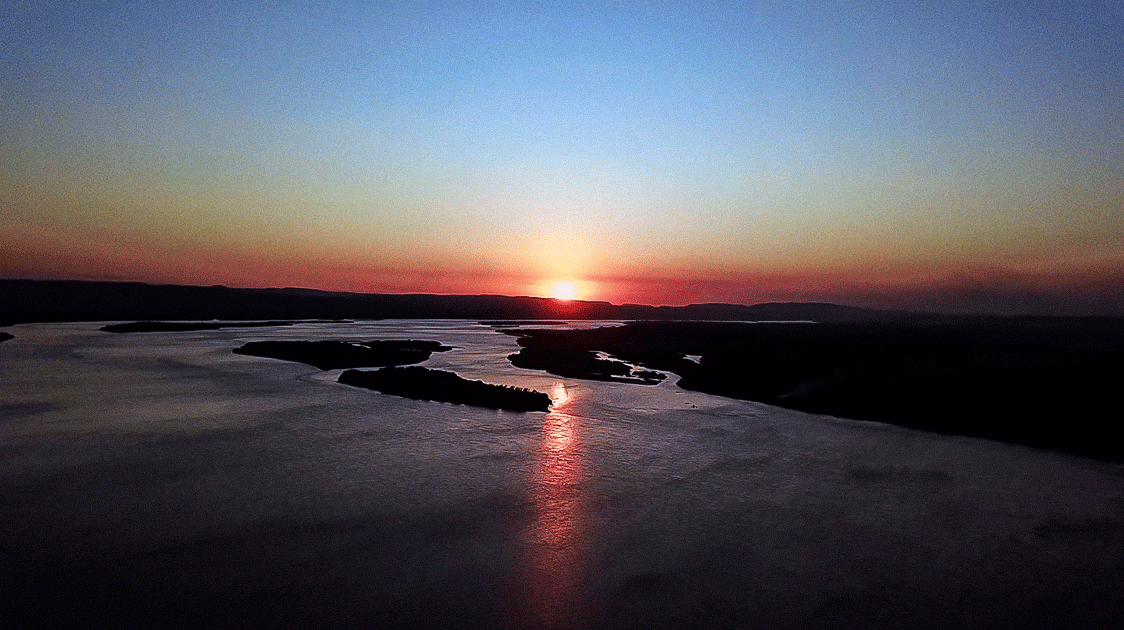
With Professional Hunter, Pete Fick
There's nothing quite like the shimmer of Lake Kariba at dawn. The water stretches out like glass, reflecting the orange-pink sky, with silhouettes of fish eagles perched on dead trees jutting from the water. It is magical... or at least it used to be.
"Ready to pull?" a National Parks ranger called out as their boat drifted toward yet another illegal net.
Pete Fick nodded grimly, pulling on his gloves. "Let's do it."
Pete has been a professional hunter for years, but his real passion is protecting the wildlife around Lake Kariba. The place is in his blood—he spent seven years working with National Parks there back in the '80s. Those were the good old days when they had the resources to keep poachers at bay.
"Look at this mess," he muttered as they began hauling in the net. "This has got to be at least a kilometer long already."
His arms burned as they pulled and pulled... and kept pulling. Two hours later, sweat pouring down their faces in the scorching Zimbabwean sun, it felt like they'd barely made a dent. The net stretched for about 15 kilometers, running from bank to bank, blocking the entire channel.
"These Zambian guys come over from the village of Chigumbwe at night," Pete explained as they worked. "They lay these nets, and normally they'd pull them up before dawn—but we got lucky with our timing today."
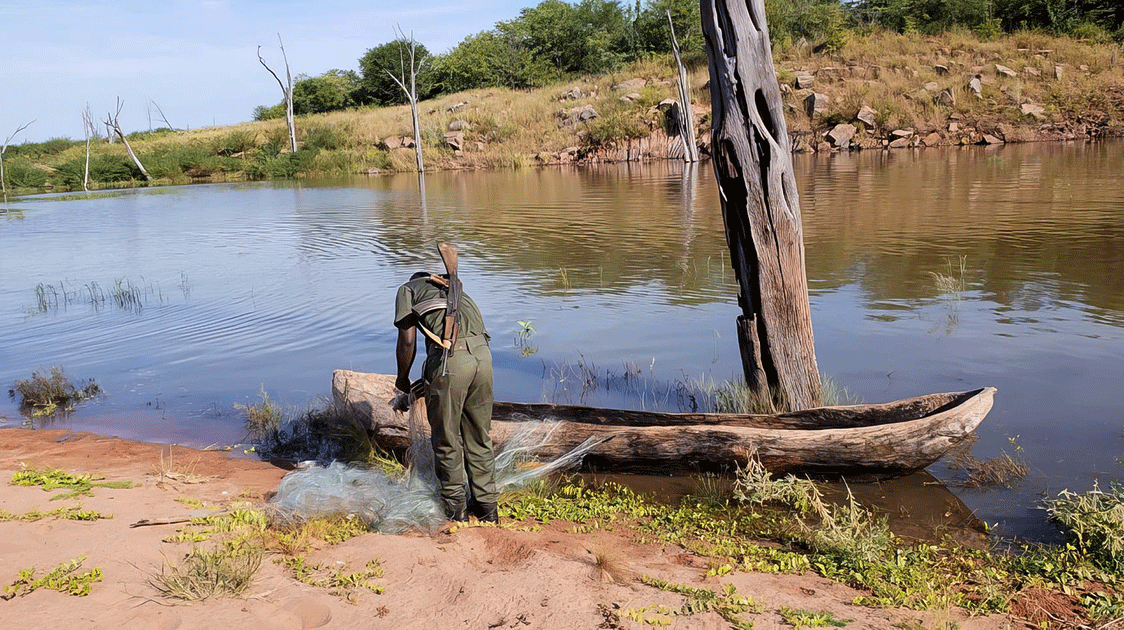
Pete's annual three-week trips to Kariba had become less about fishing and more about this—helping with anti-poaching operations. The previous year alone, they had recovered over 14 kilometers of illegal fishing nets in the Chete Safari Area. The year before was even worse.
"You see this mesh size?" He held up a section of the net between his fingers. "It's way too small. Our regulations require nets with larger holes so younger fish can swim through. These nets from China are dirt cheap and catch everything—small fish, big fish, even the fingerlings."
The boat rocked suddenly as they pulled up something heavy.
"Careful!" Pete shouted. "It could be a croc."
They had found crocodiles and hippos tangled in these nets before. Once, they found a large crocodile still alive, thrashing in the net, but they didn't have the sedatives needed to free it safely. The memory still irks Pete.
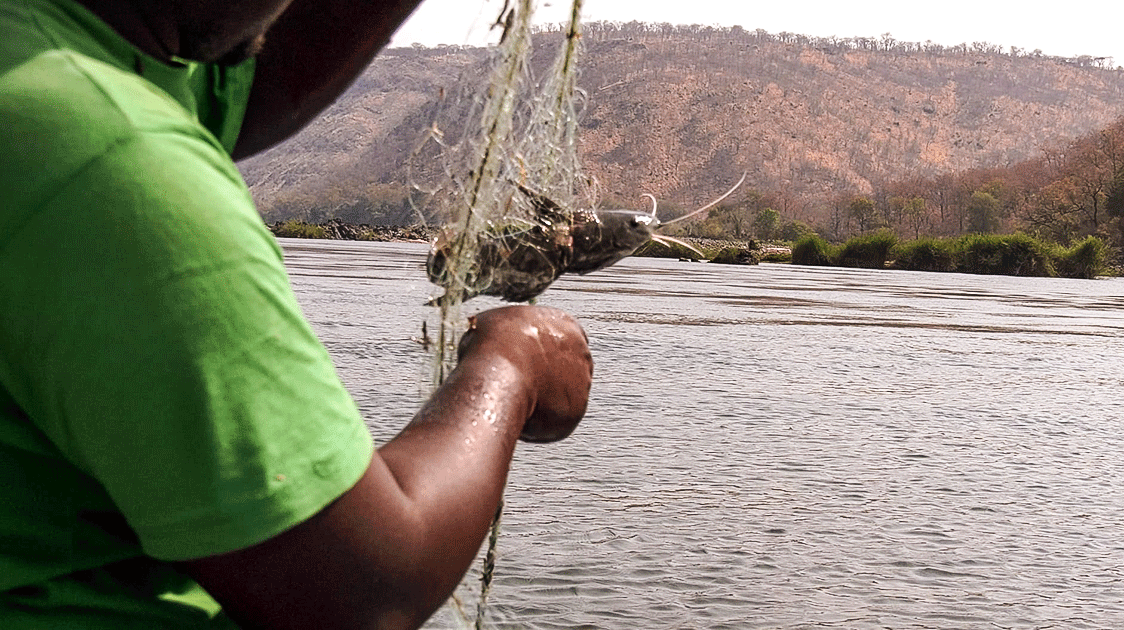
"The worst part is what's happening to the squeaker fish," he continued, wiping his brow. "The Chinese market is driving massive demand, so these guys fish at night with these deep nets weighted down with rocks. Nothing can escape—not fish, not wildlife."
Back at camp that evening, Pete pulled out his phone to show photos of their latest find—87 wire snares in a single line. Three impala carcasses were nearby, already rotting in the sun.
"The poachers stay for months sometimes," he explained, passing a cup of coffee to his companion. "They smoke the fish, dry the meat, pack it all in sacks. Then they smuggle it back to Zambia for a nice profit."
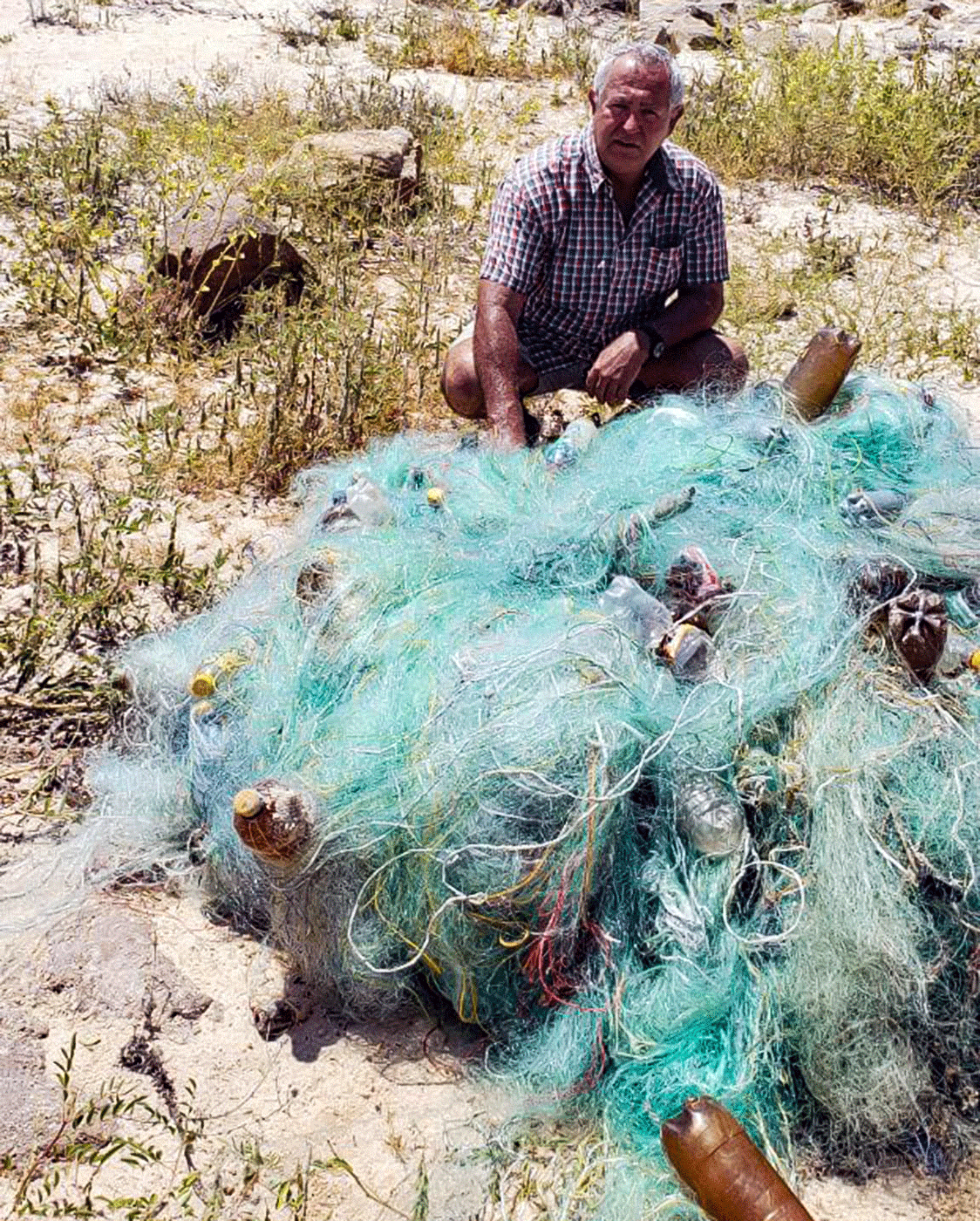
He stared out at the lake, remembering how it used to teem with wildlife. "This place was a paradise when I started. Now? The animal populations have crashed from lack of protection."
Pete's voice grew more determined as he outlined their plans. "But we're not giving up. With help from Guides Against Poaching and the Zimbabwe Professional Guides Association, we will restore this place. We just bought an old boat for $1,500—needs work and a motor, but it's a start. We'll hire a skipper to run regular patrols with National Parks."
"Every bit of help counts in this fight. These waters, these animals—they can't speak for themselves. But I can. And I won't stop until we've pushed back the poachers and brought Lake Kariba back to what it once was."
The sun set over the lake, painting the water in fiery hues. The next day, they'd be back out there, pulling more nets, removing more snares, fighting to preserve this watery Eden. It is an uphill battle but one worth fighting.
"Same time tomorrow?" asked his ranger colleague.
Pete smiled and nodded. "I wouldn't miss it for anything."

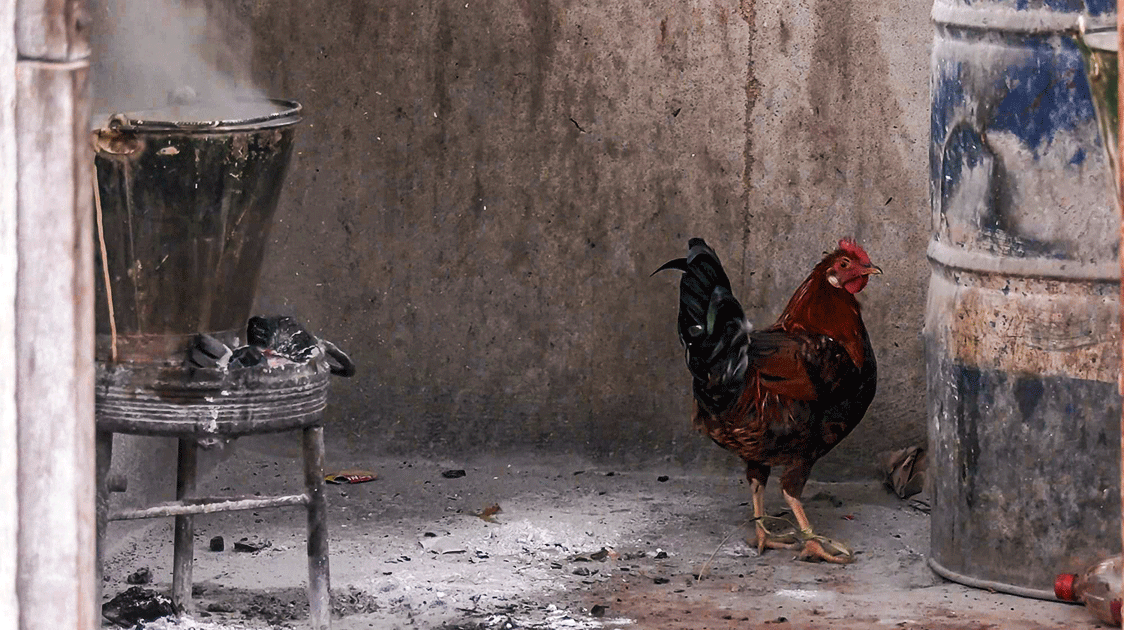
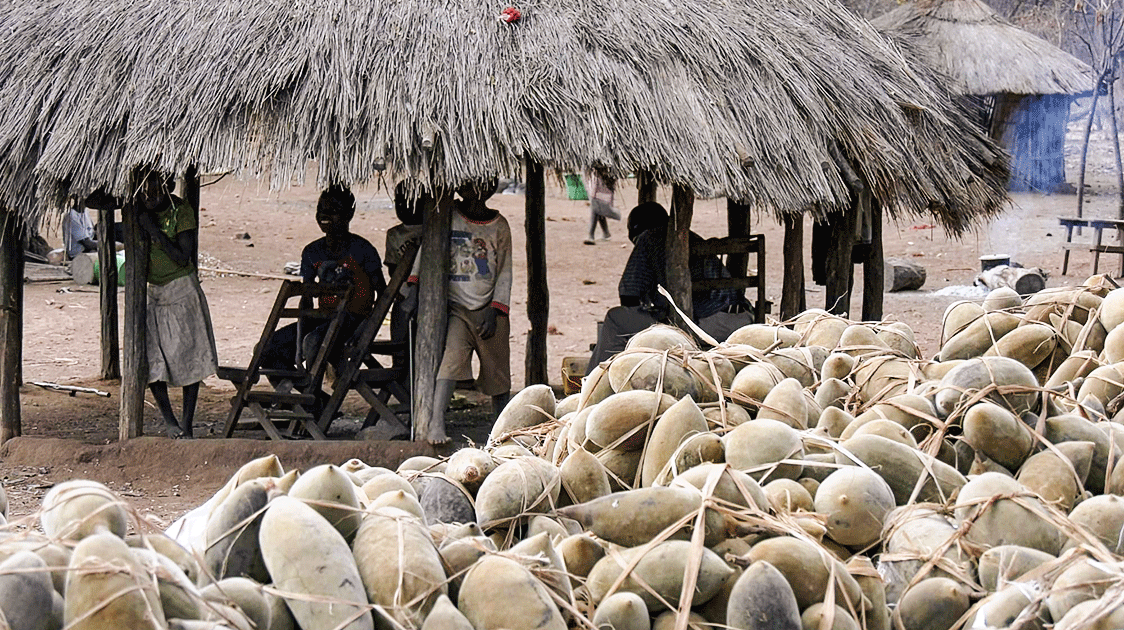
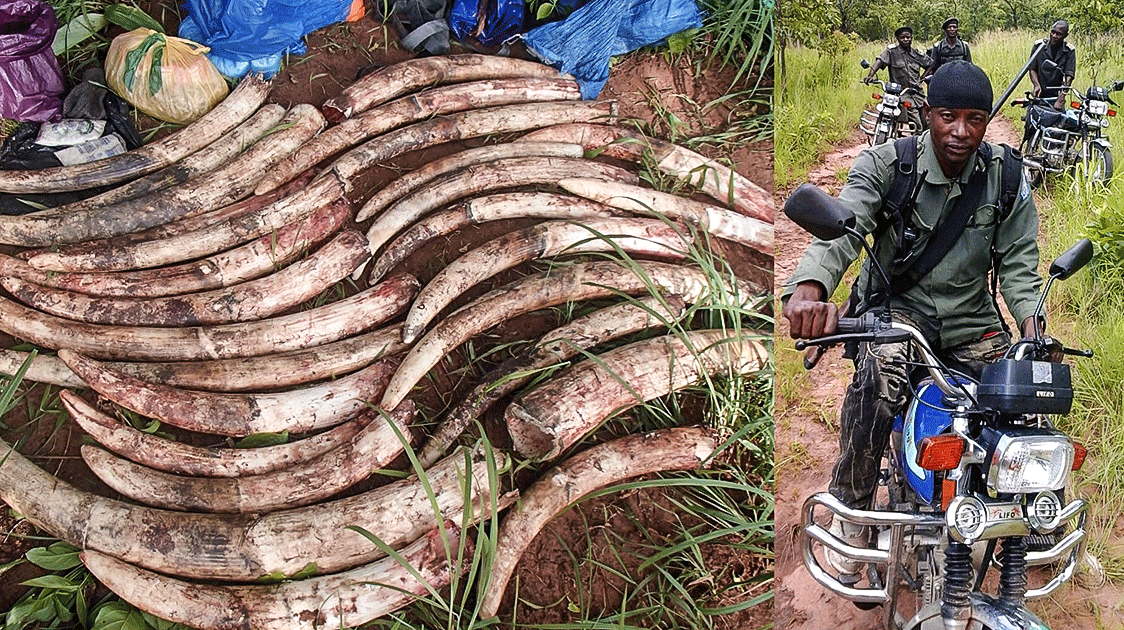
Comments ()